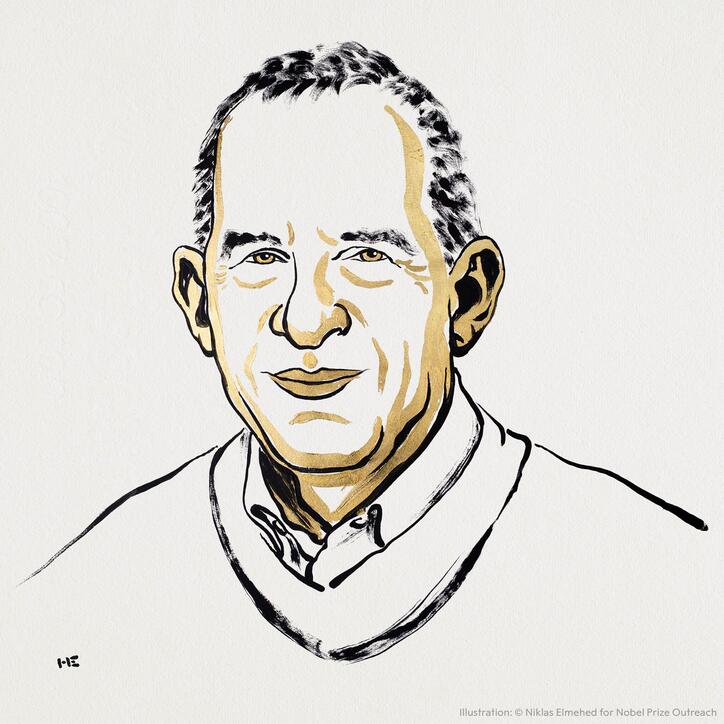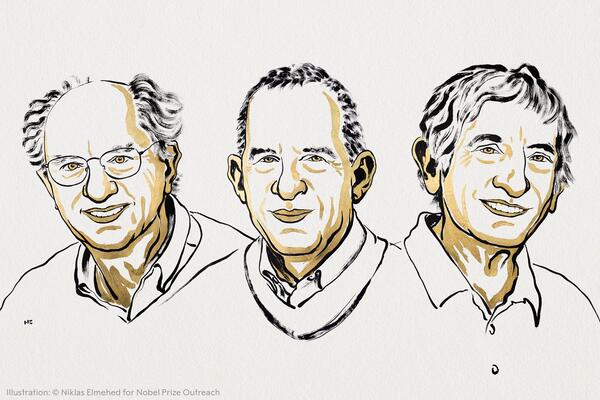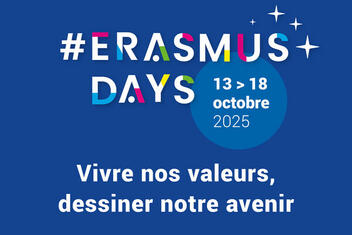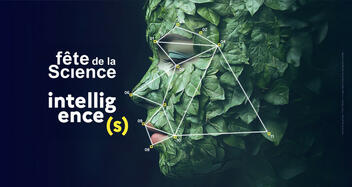
Michel Devoret, 2025 Nobel Prize in Physics: the excellence of French fundamental research
On October 7, the Nobel Prize in physics 2025 has been awarded to French Michel H. Devoret, British John Clarke and American John M. Martinis for their pioneer and joint work on quantum mechanics. This acknowledgement honours France and paves the way to the development of the next generation of quantum techs. And that’s even a double recompense for France, since John M. Martinis is also a French alumni.

Michel H. Devoret is the 7th French winner of a Nobel Prize in physics since 2007, and the 18th since the creation of the Prize. He embodies the “excellence of French fundamental research”, as per the French ministry of higher education and research, in an article expressing its pride to see the French researcher awarded. According to the ministry, “he will inspire many young individuals and encourage them to start scientific studies by sharing with enthusiasm the major scientific results that granted him the prize”.
Pioneer work
This Nobel Prize recompenses a tight-knit trio of researchers who understood, as early as 1984, through a series of experiences, that “the strange properties of a quantum world may be rendered concrete in a system large enough to fit in the hand”. Because this prize takes us back 40 years, at a times when John Clarke was the director of a lab in Berkeley, Michel Devoret a PhD graduate and John M. Martinis a PhD student.
As explains the CEA, French Alternative Energies and Atomic Energy Commission, a major player of research in these fields, the Nobel prize recompenses most specifically the pioneer work of the three researchers who proved the macroscopic quantum mechanical tunnelling and energy quantisation in an superconductive quantum circuit, two discoveries at the base of current progress to quantum computing using this type of circuit.
A remarkable line of French Nobel holders
This award extends the “remarkable line of French Nobel holders in the quantum field and underlines the French excellence in this strategic discipline”. Michel H. Devoret started his research work with a thesis defended a the Paris-Sud University (Paris-Saclay University) in the department of condensed state physics, on the same site as the CEA in Saclay. This is where he would “start his internationally-acclaimed expertise”, says the CEA.
The French researcher then went for a post-doctorate course in John Clarke’s lab in the US, where he reunited with John M. Martinis. Together, they demonstrated “the macroscopic quantum effect”, recompensed today with a Nobel prize. Back in France, at the CEA, he became research director for about 15 years, then became a professor at Yale in the early 2000’s, where he continued his work. Michel H. Devoret is also a member of the Académie des sciences since 2007.
A double recompense for France
This is a double prize for France, since John M. Martinis, the American laureate, also achieved part of his postdoctoral studies in France, at the CEA-Paris Saclay!
Born in California, the American researcher is a graduate from the University of Berkeley. He passed a bachelor in science with a speciality in physics in 1980 and a doctorate in Philosophy in physics in 1987. In his doctoral studies, he studied quantum behaviour. His thesis director was John Clarke, and, during this period, he worked with Michel H. Devoret, also a postdoctoral researcher. He then went to France, and specifically the CEA in Saclay, for a first postdoctorate. Then, he went back to the United States, where he has been working for about twenty years to design a quantum computer.
In short, this is a trio with “outstanding international career embodying the universality of science”, says the CEA.
Related contents
- Press release from the French Ministry of Higher Education and Researchhttps://www.enseignementsup-recherche.gouv.fr/fr/le-prix-nobel-de-physique-2025-consacre-michel-h-devoret-pour-ses-travaux-en-mecanique-quantique-100113
- The laureates on the Nobel Prize official websitehttps://www.nobelprize.org/prizes/physics/2025/summary/
- Article on the CEA websitehttps://www.cea.fr/drf/Pages/Actualites/Vie-de-la-DRF/2025/prix-nobel-de-physique-2025-michel-devoret-co-laureat-pour-des-travaux-fondateurs-du-calcul-quantique-moderne.aspx
- Press release from the Académie des scienceshttps://www.academie-sciences.fr/michel-devoret-membre-de-lacademie-des-sciences-laureat-du-prix-nobel-de-physique-2025
Recommended News




















































